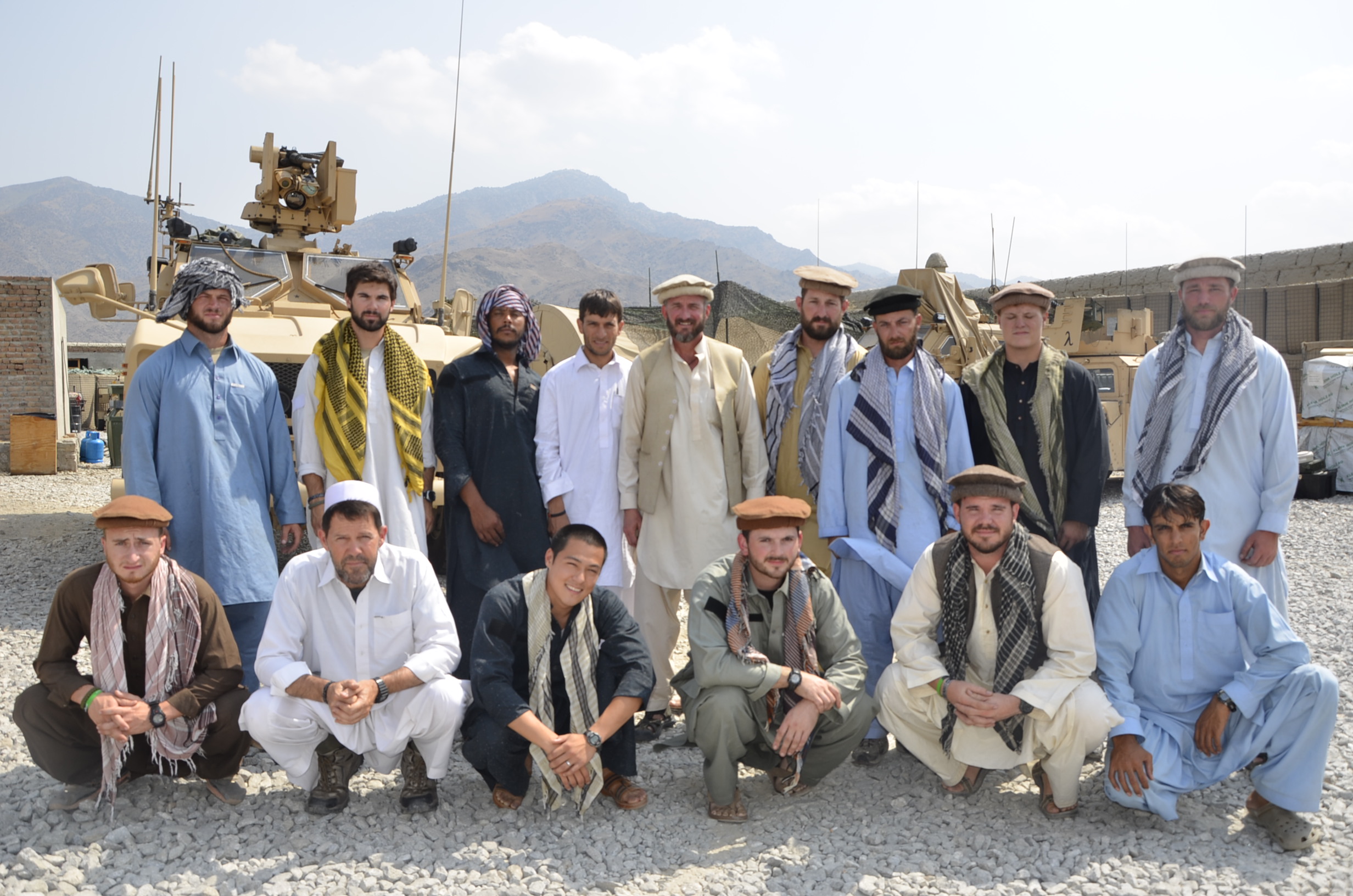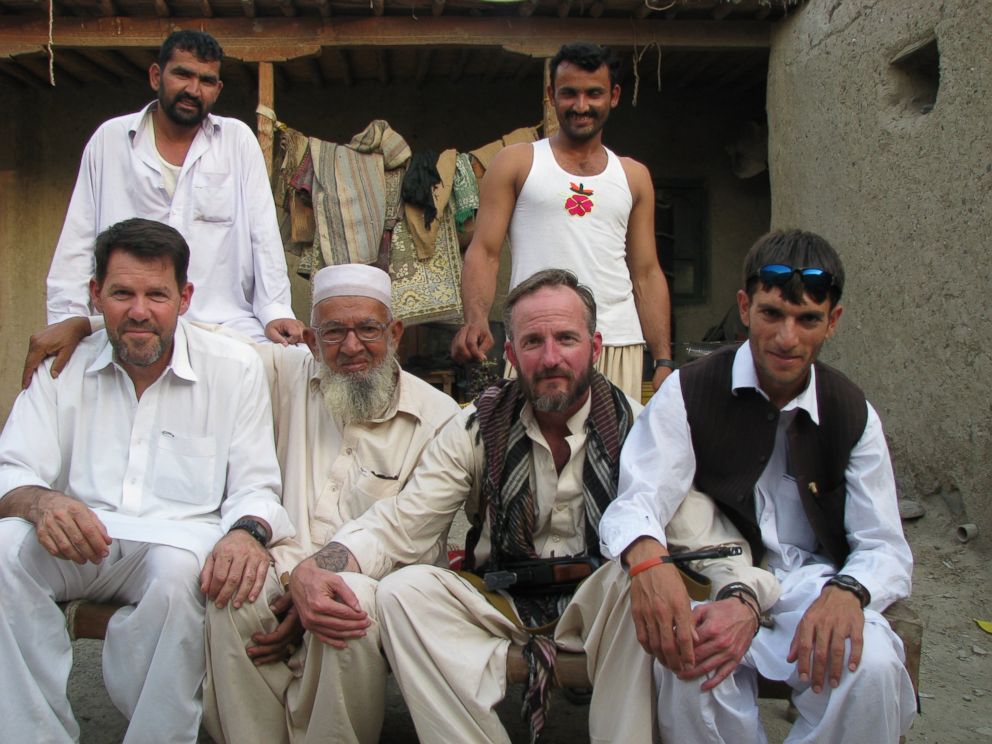Investigative Unit 2014: Lawrence of Afghanistan
Special Forces legend had plan to win in Afghanistan, then he was pushed out.
— -- [As 2014 comes to a close, the ABC News Brian Ross Investigative Unit looks back on some major reports over the last year.]
A year ago, Jim Gant by outward appearances blended perfectly into Seattle's laid back coffee culture with his long hair, shaggy beard, baggy shirts and jeans, wandering the streets jobless and forlorn. Undoubtedly few if any who encountered him knew that he was in reality one of the most decorated and combat experienced Special Forces officers of his generation – a man that two of America's most distinguished war commanders called "Lawrence of Afghanistan".
Gant’s distinguished career in U.S. Special Forces had all ended disastrously in March 2012 when, after an unheard of 22 straight months in combat leading a major program of adopting local attire and tactics to win Pashtun tribal leaders' loyalty against the Taliban and al Qaeda, other Special Forces officers swept into Gant's base in the most dangerous corner of the warzone and relieved him of command.

Gant, a Silver Star Medal recipient, was accused of conduct unbecoming an officer, of going too native in helping local Afghans, of abusing prescription drugs and alcohol and for allowing his then-girlfriend, Washington Post war correspondent Ann Scott Tyson, to live with his team in Kunar province on the Pakistan border -- for almost a year. It was mostly true -- but he won't apologize for it, saying his unconventional methods produced results.
Gant was also winning, a rare circumstance in a counterinsurgency campaign that had gone off the rails not long after U.S. forces first arrived in 2001.
A months-long ABC News investigation broadcast in June found that Gant's PTSD-driven substance abuse was widespread in Special Forces in Afghanistan, who, like him, were still highly effective warriors.
"You cannot let violence go unanswered and you have to be prepared to be more violent than they are," Gant said. Otherwise, he said, "they'll kill you." When the Taliban did attack, tribal warriors helped the Americans fight back ferociously. They didn't fear Taliban retribution because Gant demanded any attack be met with ten times as much firepower in response.
In an exclusive ABC News interview, Gant's onetime benefactor, retired CIA director and Army Gen. David Petraeus, said, "[Gant] did go native. You go native so that the natives feel that you respect them and are comfortable with them and trust them, above all."

Gant initially faced a court-martial but in the end accepted retirement and being busted to captain. He hoped that taking it on the chin and fading away as what the command called a "disgrace to the Special Forces Regiment" would spare his loyal soldiers punishment for following his orders or looking the other way when he drank and acted erratically. But seven of his young troops were reprimanded for petty offenses anyway, which crushed their disgraced commander.
And yet many of his men still view Gant as a hero they'd follow anywhere. He said he has found redemption in the factually accurate telling of their story in Tyson's book "American Spartan: The Promise, The Mission And The Betrayal of Special Forces Major Jim Gant," and helping two of his Afghan interpreters and their families resettle in Seattle out of of harm's way as America withdraws from the war.
"I never left the battlefield defeated. I never lost a man. Well over 20 awards for valor for the men that I fought alongside. We went after 'em every single day. I brought all my men home. That's it," Gant said.
"He is one to whom we owe a debt of gratitude, even recognizing how things ended for him. Folks make mistakes, obviously," Petraeus said.




